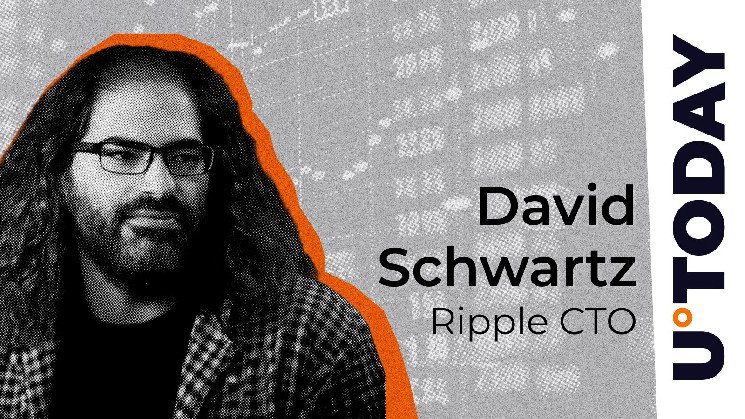Operation Chokepoint 2.0 has sparked a heated debate about government overreach and the misuse of indirect regulation. Critics, including Ripple Labs’ CTO David Schwartz, argue that this initiative undermines due process and sets a dangerous precedent for targeting lawful activities. The government allegedly pressures banks to sever ties with certain businesses in the crypto industry without providing proof of wrongdoing. This approach raises concerns about fairness, transparency, and accountability, as legitimate enterprises and individuals are denied essential banking services without due process.
At the heart of the controversy is the concept of indirect regulation, which holds one party accountable for the potential wrongdoings of another. This mechanism places undue burden on institutions like banks to monitor their clients and undermines key constitutional rights. Indirect regulation sidesteps due process by punishing individuals or businesses without formal charges and suppresses free speech by indirectly penalizing lawful expression. Additionally, it exploits privacy by mandating third parties to collect and share private information, further eroding trust in the financial system.
David Schwartz has called for an end to all forms of indirect regulation, arguing that this backdoor approach circumvents genuine law enforcement and proper legislative processes. He contends that relying on private institutions to carry out the government’s bidding sets a dangerous precedent and could lead to long-term consequences, such as driving businesses underground and creating an unjust shadow justice system. Schwartz emphasizes the need for legal safeguards to prevent indirect regulation from undermining constitutional rights and trust in the financial system.
The government’s reliance on indirect regulation as a means to target certain industries like the crypto sector has drawn strong criticism from legal experts and industry leaders alike. By pressuring financial institutions to cut off services to these businesses without providing concrete evidence of wrongdoing, the government effectively bypasses traditional legal processes and denies these entities their right to a fair trial. Such actions not only harm the targeted businesses but also have wider implications for the overall health and integrity of the financial system.
As the debate around Operation Chokepoint 2.0 continues to intensify, it is becoming increasingly clear that the use of indirect regulation poses significant risks to the rule of law and individual rights. By calling for an end to this practice, David Schwartz and others are advocating for a return to a system where laws are enforced through proper channels and individuals are afforded due process protections. It remains to be seen how policymakers will respond to these concerns and whether meaningful changes will be implemented to address the abuse of power that has characterized Operation Chokepoint 2.0.

